Publications
Articles, publications, books, tools and multimedia features from the U.S. Institute of Peace provide the latest news, analysis, research findings, practitioner guides and reports, all related to the conflict zones and issues that are at the center of the Institute’s work to prevent and reduce violent conflict.
Truth Commission: Haiti
Truth Commission: National Truth and Justice Commission Duration: 1994 – 1996 Charter: Executive Order Commissioners: 7 Report: Public report
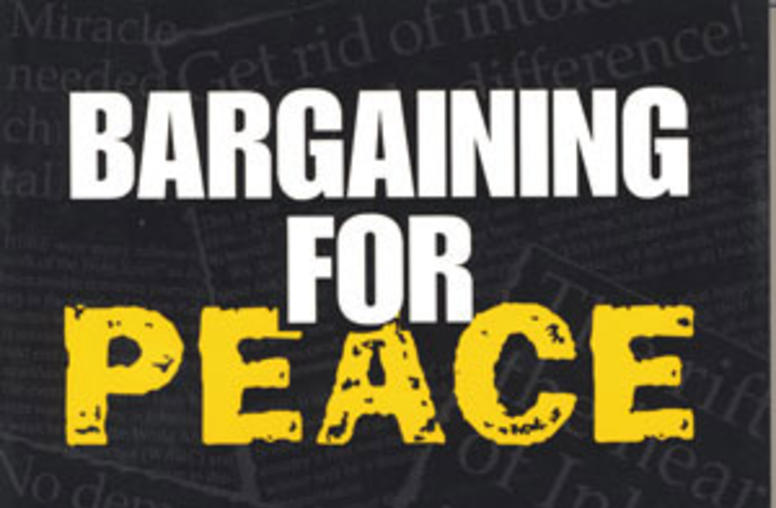
Bargaining for Peace
South Africa and the National Peace Accord
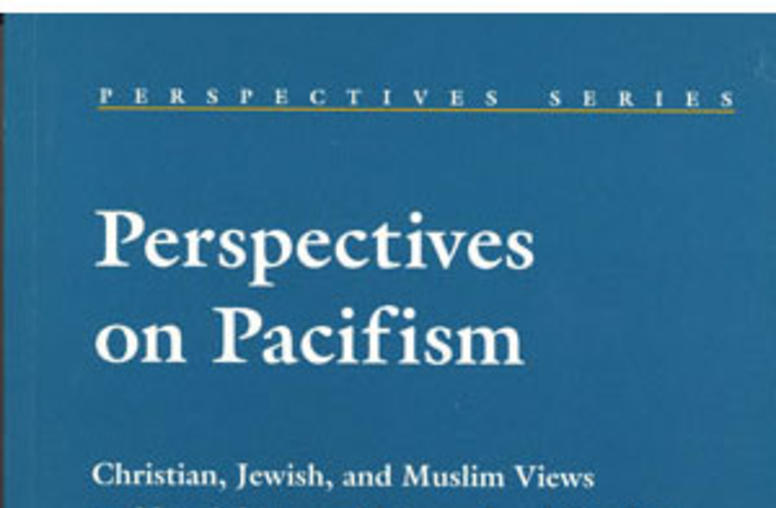
Perspectives on Pacifism
In this Perspectives Series volume, the United States Institute of Peace brings together Christian, Jewish, and Muslim theologians and activists to debate the role of nonviolence in peacemaking and conflict resolution, yielding rare insight into the complexities of modern religious thought on justice and peace.
Keynote Addresses from "Managing Chaos" Conference: Aspin and Koppel
In this volume, we have transcribed and edited the remarks of two keynote speakers, Secretary Les Aspin and Mr. Ted Koppel to meet what has become a very considerable public demand for their presentations from the "Managing Chaos: Coping with International Conflict into the 21st Century" conference.
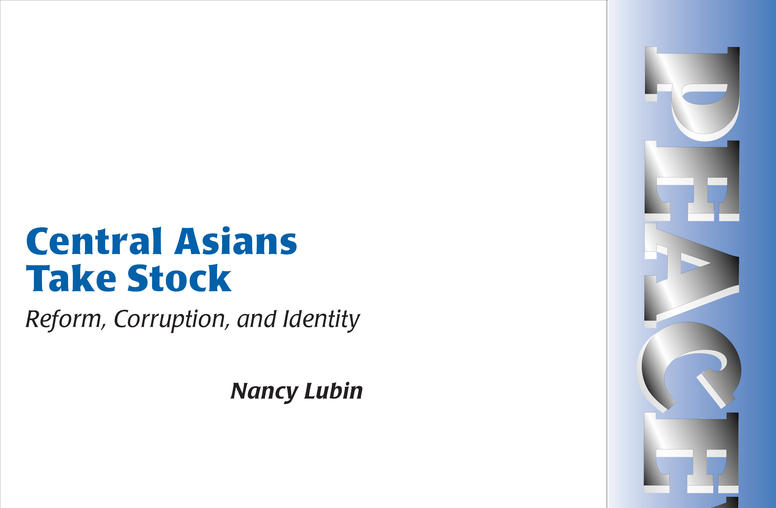
Central Asians Take Stock: Reform, Corruption, and Identity
The United States is interested in encouraging the development of stable, democratic systems, and market economies in new countries such as Uzbekistan, Kazakhstan, and Turkmenistan, and to minimize the social, ethnic, religious and other sources of conflict that could destabilize the region further. But increasingly, effectiveness in these efforts will depend as much on the views from below as from policies promulgated from above.
Commissions of Inquiry: Sri Lanka
Commissions of Inquiry: Commissions of Inquiry into the Involuntary Removal or Disappearance of Persons Duration: 1995 – 2000 Charter: Presidential Proclamations Commissioners: 3 for each commission (in total 11 commissioners) Report: Public reports
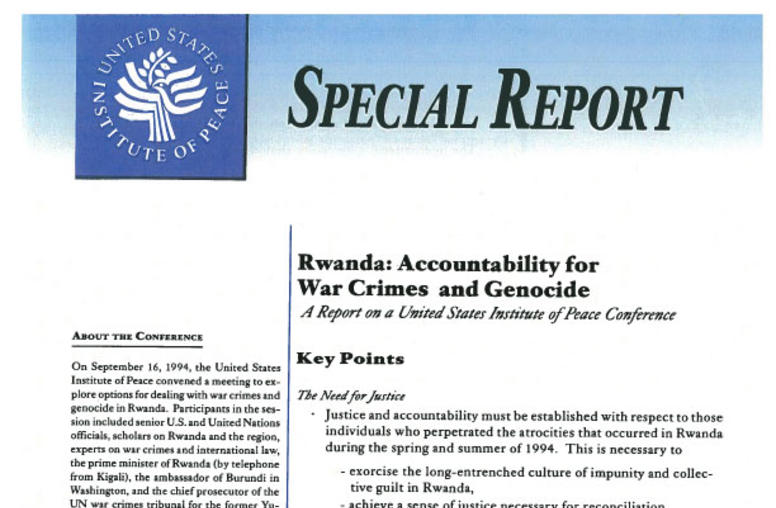
Rwanda: Accountability for War Crimes and Genocide
Before 1994, Rwanda was the most densely populated country in continental Africa. Between April and August 1994, that statistic shifted radically, as Rwanda lost 20 percent to 40 percent of its population to slaughter or exile.
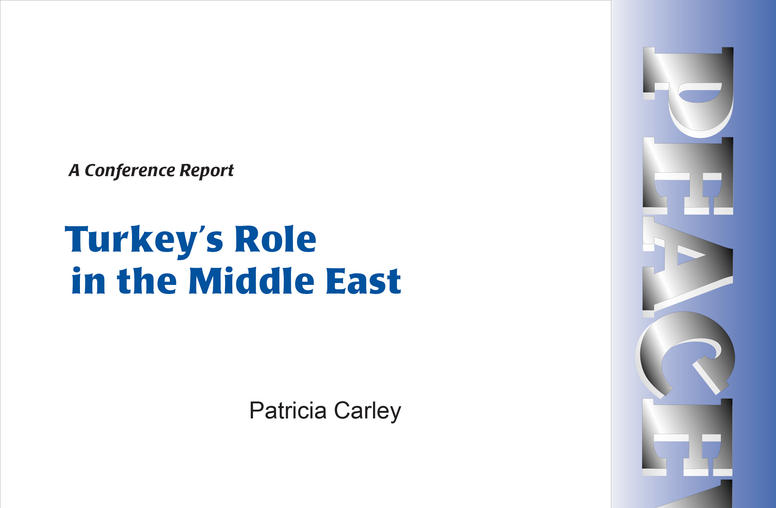
Turkey's Role in the Middle East
The end of the Cold War seemed to portend a decline in Turkey's strategic importance to the West; however, the political changes in the world since 1989 have also loosened the constraints within which Turkey can act. As a result, Ankara's foreign policy has been redirected from its strictly western orientation to one in which the countries of the Middle East have become potentially more significant.
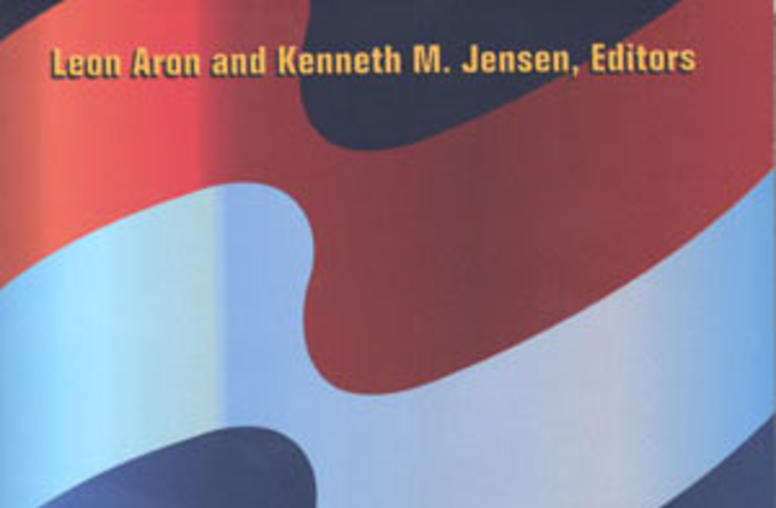
The Emergence of Russian Foreign Policy
The emergence of a new Russia--a post-communist European state with a vast store of nuclear arms--raises many complex questions. What kind of foreign and defense policies will Russian pursue into the 21st century? What will be the impact of the loss of the former empire? And what are the implications for western policymakers?
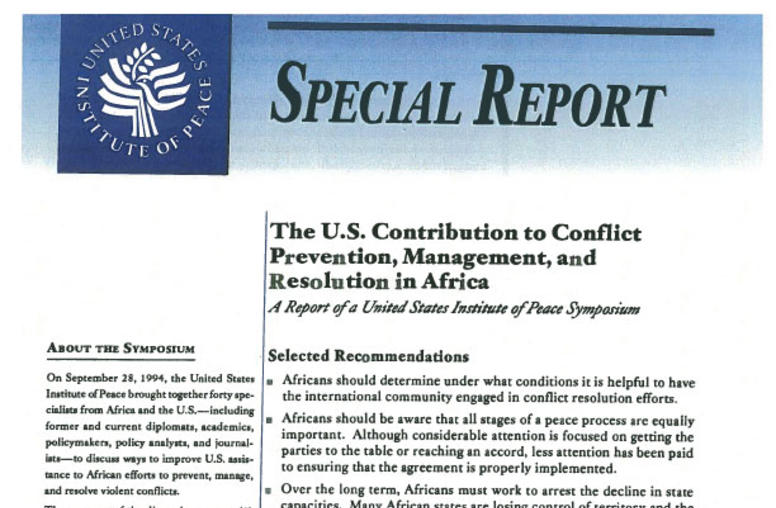
The U.S. Contribution to Conflict Prevention, Management, and Resolution in Africa
The failure of the United Nations peacekeeping mission in Somalia (UNOSOM II) to build a new state in that war-ravaged country, after the costly U.S. military intervention is often viewed as a critical lesson about the problems associated with the international community's attempts to resolve conflict in Africa. Thus, when genocidal strife erupted in Rwanda in 1994, causing millions of Rwandans to flee into neighboring countries, there was a strong reluctance to allow U.S. forces to become e...